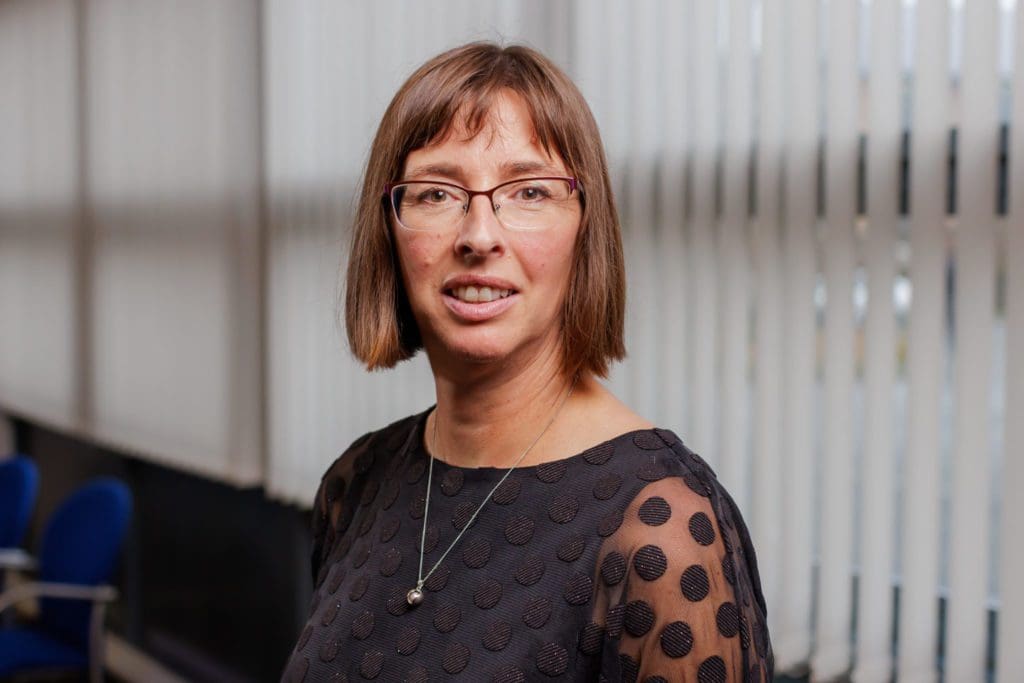Finola Wilson, a former teacher and director of Impact School Improvement, a Caerphilly-based education company shares her view on curriculum changes and what it may spell for Wales.
Concerning new evidence about the progress of the school curriculum in Scotland should be ringing some very loud alarm bells with policymakers here in Wales.
Major new research into Scotland’s Curriculum for Excellence (CfE) published last month finds that the curriculum has “diverged considerably from its original aims”, leading to “significant unintended consequences”, according to its authors.
The research, carried out by a team of researchers at the University of Stirling, says pressures around exams and accountability are leading to a narrowing of the curriculum in secondary schools, with low-performing subjects being cut and pupils being channeled into certain courses to boost attainment figures.
Concerning for pupils and parents in Scotland, then, but also for us in Wales.
That’s because Curriculum for Wales (CfW), which started being implemented in schools last September, shares much of its DNA with Scotland’s Curriculum for Excellence.
They both have similar models and visions and they were both heavily influenced by the work of Professor Graham Donaldson.
Wales is a few years behind Scotland, whose curriculum was introduced in 2010, but ultimately, the two countries are on the same journey.
Both curricula were designed to give teachers more freedom in the way they teach, with changes made to assessment designed to measure pupil progress rather than make a one-off judgment.
But the authors of the report in Scotland found “significant tensions between pressures from the government, the school inspectorate, and local authorities to raise attainment on the one hand, and teachers’ professional values and the core values of CfE on the other”.
This reinforces that, despite what was initially promised, accountability continues to drive the curriculum in Scotland.
It isn’t possible to have a system that trusts teachers and gives them the autonomy to make effective decisions while holding them to account in a punitive way.
We’re already seeing this in Wales, with Estyn judgments being the main driver of accountability in primary schools, and GCSE results being the main driver of accountability in secondary.
That will continue to be the case until the 14-16 qualifications review is complete and we have clarity on what the new assessment landscape will look like. At the moment, that seems like a long way off.
Perhaps the most concerning finding of the research in Scotland is that the narrowing of the curriculum and reduction of subject choice is “disproportionally affecting students from disadvantaged socioeconomic backgrounds”.
We know pupil disadvantage is a huge issue in education in Wales, with the poorest pupils falling significantly behind their peers. This problem is long-running and persistent and is almost certain to have deteriorated further since Covid-19.
The possibility that the new curriculum could make this problem worse is unthinkable.
Of course, the Welsh Government will argue that things are being done differently here in Wales and that we can learn lessons from what is happening to the curriculum in Scotland.
But are we actually just creating a different version of the same mistakes?
We’re ahead of Scotland in knowing what the issues are – unfortunately, we’re no further ahead in solving the issues.
The Welsh Government needs to get to grips with accountability now if it wants to avoid the problems we are seeing in Scotland and make Curriculum for Wales a success.
It must make accountability about progress, first and foremost, and it has to do that now, not wait until the results of the qualifications review.
And what it does in terms of accountability must be measured against the worst effects for disadvantaged pupils.
It should look at the worst-case scenario for those pupils and create an accountability system that works for them. Otherwise, it’s not going to work for anyone, and it won’t work for Wales.

